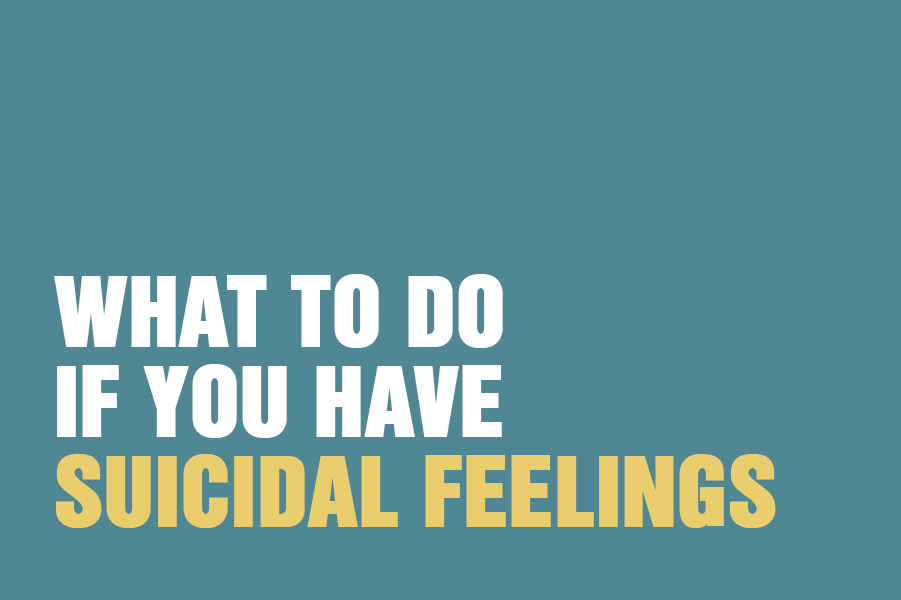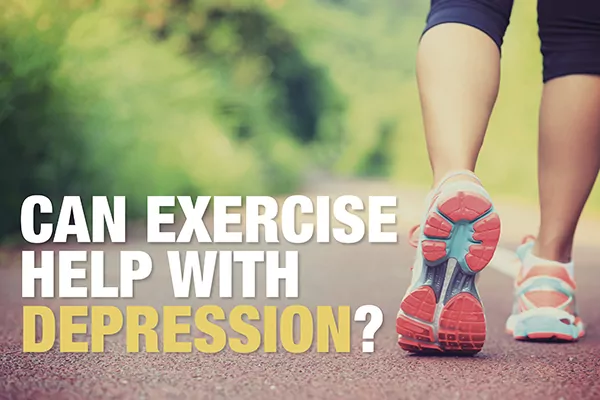Grieving the death of a loved one is always difficult, but there is something about losing someone to suicide that is like no other loss. The grieving process can become complex and traumatic, with often intense emotions triggered including shock, disbelief, anger, guilt, confusion, despair, and even rejection.
Some survivors find themselves conducting a kind of psychological “autopsy” in which they find out as much information as they can about the circumstances surrounding the suicide and the factors that might have contributed to it. In some cases this can help to create a narrative around the suicide that makes sense and the survivor is able to make some peace with their loss. In other cases, this can lead survivors to endlessly scouring for answers that they may never find.
What makes a suicide different?
When someone ends their life, it is often sudden, sometimes violent, and it is usually unexpected. The aftermath can be traumatic for loved ones – sometimes they may have to deal with the police, they might even have discovered the body of their loved one.
There can be intense emotions in the aftermath of any bereavement however, as described above, the sheer confusion and complexity of emotions can be flooring in the aftermath of a suicide. When you lose someone to a homicide, you can direct your anger at the perpetrator, however in the case of a suicide, the perpetrator is also the victim. On the one hand, you can feel guilt, sorrow, and sadness because the deceased may have been the victim of mental illness or intolerable circumstances, but on the other hand, you might experience anger and feelings of rejection.
Despite how far Western society has come in terms of destigmatising mental health, there are still many religions and individuals that condemn suicide as a sin. Before the Suicide Act of 1961, it was a crime to end your own life, and anyone who attempted and survived could be prosecuted and imprisoned. This is still reflected in the language that we use today; we would typically use the phrase ‘committed suicide’ as though it were still a crime.
There can therefore be a lot of shame and stigma around loved ones when someone ends their own life. Survivors may be reluctant to talk about their loss, or to acknowledge and disclose the circumstances of the loss. Family differences in how they want to publicly discuss the death may vary greatly, therefore those that want to open up about their loss may feel that they shouldn’t or can’t.
Losing a loved one to suicide can leave a lot of unanswered questions – what if I had said or done, or not done x, y, or z? These questions can become extreme and self-punishing, with survivor tending to overestimate their own contributing role and ability impact the outcome.
Finally, many loved ones experience recurring thoughts about the circumstances surrounding the suicide, flashbacks (especially if they witnessed the suicide or discovered the body), and nightmares in the aftermath of a suicide. Some survivors can develop symptoms of Post-Traumatic Stress Disorder (PTSD) after the suicide of a loved one.
Ways to Survive a Loved One’s Suicide
- Accept that you can’t always save the ones you love. Everyone has free will, and although you can change another person’s mind, it only works if they want to change.
- Seek professional help. Survivors often find individual counselling or support groups helpful in processing their grief. Support groups that are specific to suicide rather than general grief appear to be more valuable, according to Harvard’s Health Blog.
A therapist can help you to make sense of the death and to better understand any mental health problems that the deceased may have had, can help to prevent or treat any trauma that you may experience, can explore any unfinished issues in your relationship with the deceased, can aid in coping with divergent reactions to the death among family members, and can offer support and understanding as you move through your own unique grieving process.
- Celebrate your loved ones assets rather than their flaws. Remember the life that they lived rather than focusing on the way that they died. It is natural to experience anger toward the deceased, but in the long-run it is healthier to put your anger to the side and remember why you loved them.
- Forgiveness; for yourself and for them. You may have not noticed the signs, or they may not have been any signs. You cannot help someone if you didn’t know that they needed help.
- Get rid of shame. The more open and educated that we as a society are about suicide, the more able we are to help each other through such grief. If you feel able to share your experience with others, then do so. If you don’t yet feel ready then don’t push yourself to do so but perhaps seek the help of a professional in order to process your experience.
- Release your innermost feelings. This may come in the form of writing a letter to the deceased, a piece of artwork, a song, a poem, or any other medium. This will allow you to process your feelings rather than allowing your feelings to build up inside and come out in an unhealthy way.
- Accept that you may never get the answers. Sometimes you might be able to analyse your loved one’s circumstances or interactions and find answers, but other times the answers may never surface. Popular TV shows such as ‘13 Reasons Why’ depict that there is a deep and well thought out meaning for the character’s suicide, and every other character learns something or is impacted in some way, but in reality, this isn’t always the case. Sometimes there are no discernible answers.
If you would like some support or need a safe space in which to grieve the loss of a loved one, therapy could be an option for you. Just call 020 8673 4545 or email [email protected] for a confidential appointment.








